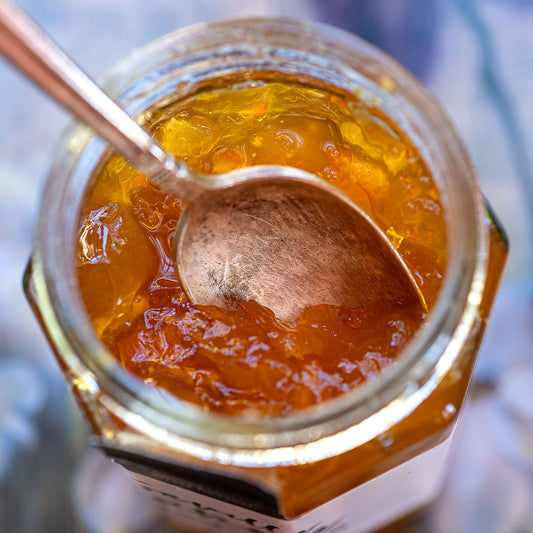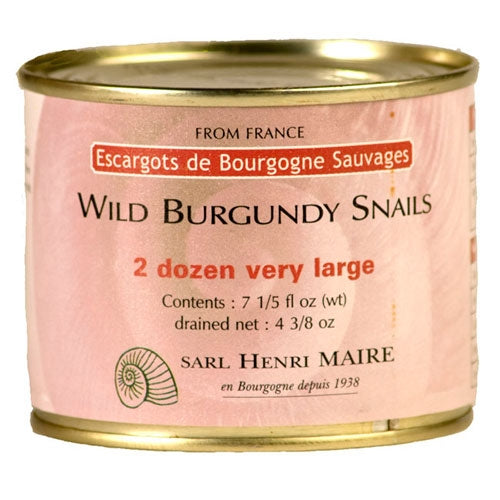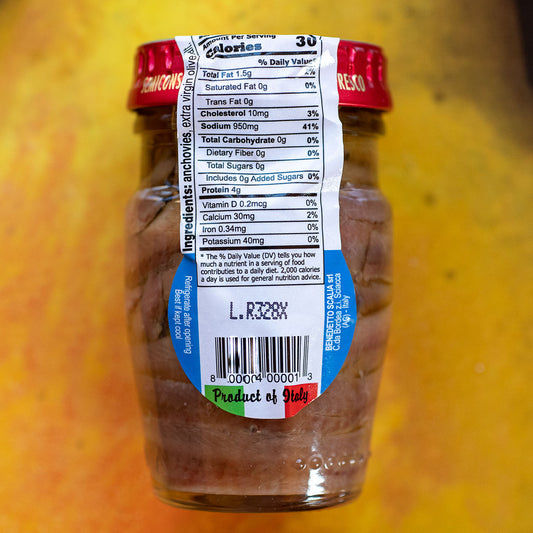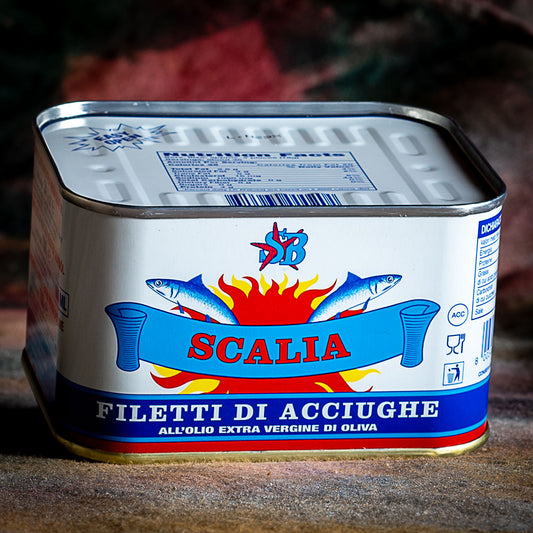Marcella and Victor Hazan
about Marcella and Victor Hazan: click here to read more
Marcella Hazan was one of the most influential figures in bringing authentic Italian cuisine to American kitchens. Born in 1924 in Cesenatico, Italy, she trained as a biologist and moved to the U.S. in 1955 after marrying Victor Hazan. Though she had no formal culinary training, Marcella became a self-taught expert in traditional Italian cooking, driven by a desire to recreate the flavors of her homeland. She would go on to transform how Americans understand and cook Italian food.
Marcella’s breakthrough came with her first book, The Classic Italian Cook Book (1973), followed by others like More Classic Italian Cooking (1978) and Essentials of Classic Italian Cooking (1992), a compendium that remains a definitive resource on Italian home cooking. Her recipes emphasized simplicity, seasonality, and technique—core tenets of Italian cuisine that were largely unfamiliar in America at the time. Dishes like her famous tomato sauce with butter and onion exemplified her philosophy: no unnecessary ingredients, just clean, bold flavor.
Victor Hazan played a critical role—not just as Marcella’s husband but as her translator, editor, and advocate. Though Marcella wrote her books in Italian, Victor translated them with poetic clarity and fidelity to her voice, shaping the narrative and helping to contextualize her approach for American readers. A gifted writer in his own right, Victor helped bridge the cultural and culinary gap between Italy and the U.S., making Marcella's work more accessible and influential.
Together, the Hazans demystified Italian cooking, steering Americans away from the heavy, red-sauce dishes that dominated Italian-American cuisine and introducing a regional, authentic approach rooted in Italian tradition. Their partnership was both personal and professional—deeply collaborative, passionate, and grounded in a shared mission to elevate the understanding of true Italian food in America.
Marcella Hazan passed away in 2013, but her legacy lives on through generations of home cooks and chefs she inspired. Victor continued to write and advocate for Italian food after her death, preserving their shared legacy as architects of modern Italian cooking in the United States.
-
 Restocking - choose Notify me
Restocking - choose Notify meChesnok Red Organic Garlic
Regular price $18.95 USDRegular priceUnit price / per$0.00 USDSale price $18.95 USDRestocking - choose Notify me -

 Restocking - choose Notify me
Restocking - choose Notify meEarly Robin Cherries - 2.5 pound box
Regular price $159.00 USDRegular priceUnit price / per$0.00 USDSale price $159.00 USDRestocking - choose Notify me -

 Restocking - choose Notify me
Restocking - choose Notify meEarly Robin Cherries - 4 pound box
Regular price $199.00 USDRegular priceUnit price / per$0.00 USDSale price $199.00 USDRestocking - choose Notify me -
Fallot Dijon Mustard - large
Regular price $9.95 USDRegular priceUnit price / per$0.00 USDSale price $9.95 USD -

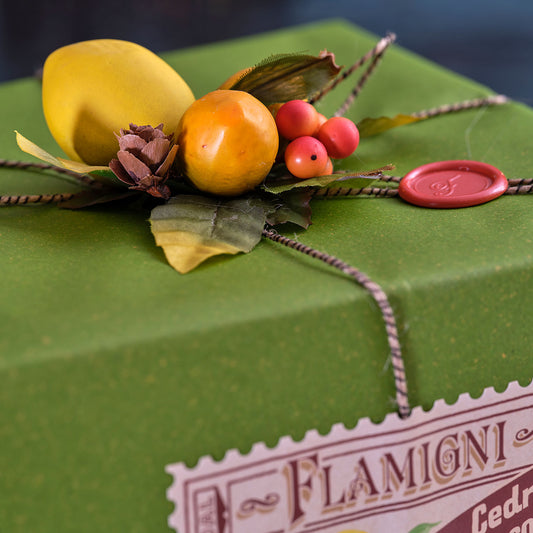 Restocking - choose Notify me
Restocking - choose Notify meFlamigni Citron and Chocolate Panettone - 1kg
Regular price $62.95 USDRegular priceUnit price / per$0.00 USDSale price $62.95 USDRestocking - choose Notify me -
French Candied Orange Peel
Regular price $26.95 USDRegular priceUnit price / per$0.00 USDSale price $26.95 USD -

 Restocking - choose Notify me
Restocking - choose Notify meFresh Rainier Cherries - 4 pound box
Regular price $199.00 USDRegular priceUnit price / per$0.00 USDSale price $199.00 USDRestocking - choose Notify me -

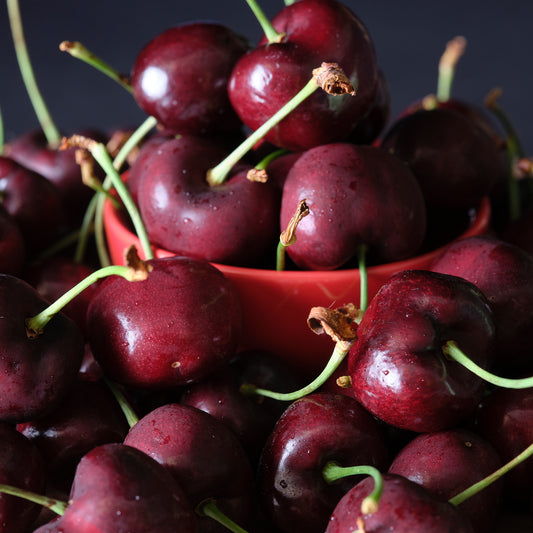 Restocking - choose Notify me
Restocking - choose Notify meFresh Sweetheart Cherries - 5 pound box
Regular price $199.00 USDRegular priceUnit price / per$0.00 USDSale price $199.00 USDRestocking - choose Notify me -
Hawkshead Seville Orange Marmalade
Regular price $13.95 USDRegular priceUnit price / per$0.00 USDSale price $13.95 USD -
Henri Maire Escargot - Wild Burgundy Snails
Regular price $17.95 USDRegular priceUnit price / per$19.82 USDSale price $17.95 USDSale -
La Vecchia Dispensa 100-YR Balsamic
Regular price $439.00 USDRegular priceUnit price / per$0.00 USDSale price $439.00 USD -

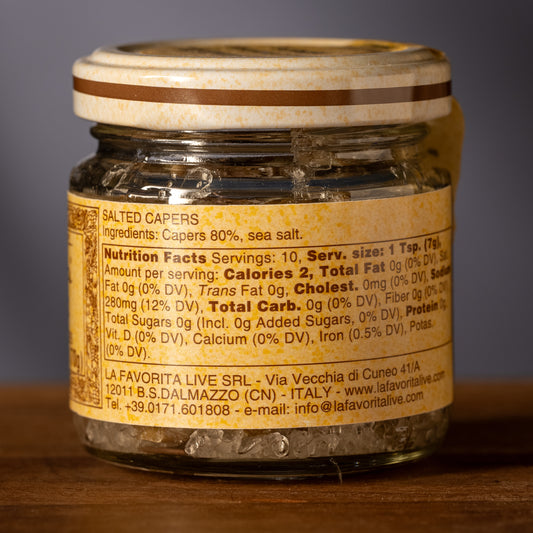 Restocking - choose Notify me
Restocking - choose Notify meLarge Pantescan Capers in Salt
Regular price $7.55 USDRegular priceUnit price / per$0.00 USDSale price $7.55 USDRestocking - choose Notify me -

 Restocking - choose Notify me
Restocking - choose Notify meMademoiselle de Margaux La Guinette Armagnac Chocolate Covered Cherries w Armagnac - 16 piece
Regular price $43.95 USDRegular priceUnit price / per$0.00 USDSale price $43.95 USDRestocking - choose Notify me -
Maldon Sea Salt Flakes - England
Regular price $9.25 USDRegular priceUnit price / per$0.00 USDSale price $9.25 USD -

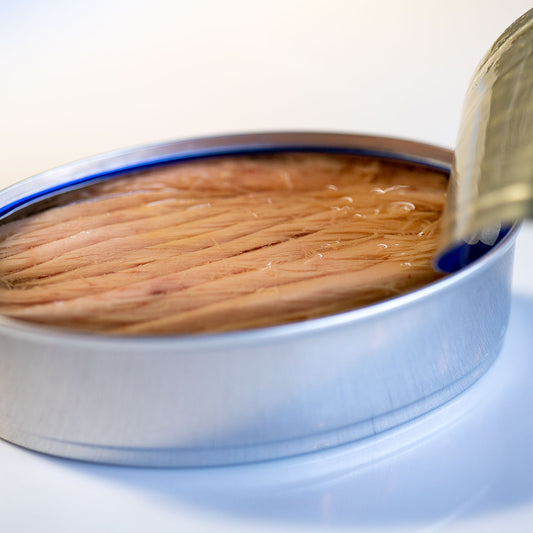 Restocking - choose Notify me
Restocking - choose Notify meOrtiz Ventresca Tuna In Olive Oil
Regular price $27.55 USDRegular priceUnit price / per$0.00 USDSale price $27.55 USDRestocking - choose Notify me -

 Restocking - choose Notify me
Restocking - choose Notify meParmigiano-Reggiano - Summer Milk (2.5 pounds)
Regular price $129.00 USDRegular priceUnit price / per$0.00 USDSale price $129.00 USDRestocking - choose Notify me -

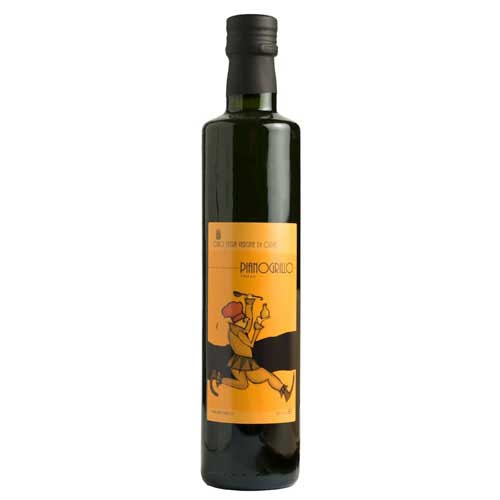 Restocking - choose Notify me
Restocking - choose Notify mePianogrillo Olive Oil
Regular price $49.95 USDRegular priceUnit price / per$0.00 USDSale price $49.95 USDRestocking - choose Notify me -
Scalia Anchovy Fillets in Olive Oil
Regular price $8.55 USDRegular priceUnit price / per$0.00 USDSale price $8.55 USD -
Scalia Anchovy Fillets in Olive Oil (Tin)
Regular price $62.95 USDRegular priceUnit price / per$0.00 USDSale price $62.95 USD -

 Restocking - choose Notify me
Restocking - choose Notify meSeason of Sweet Red Cherries - 15 pounds total
Regular price $529.00 USDRegular priceUnit price / per$0.00 USDSale price $529.00 USDRestocking - choose Notify me -

 Restocking - choose Notify me
Restocking - choose Notify meAlbertengo Sorrento Lemon Panettone
Regular price $49.95 USDRegular priceUnit price / per$0.00 USDSale price $49.95 USDRestocking - choose Notify me -

 Restocking - choose Notify me
Restocking - choose Notify meWild Huckleberry Spread (Oregon)
Regular price $21.95 USDRegular priceUnit price / per$0.00 USDSale price $21.95 USDRestocking - choose Notify me -

 Restocking - choose Notify me
Restocking - choose Notify meYakami Orchard Ginger Marmalade
Regular price $14.55 USDRegular priceUnit price / per$0.00 USDSale price $14.55 USDRestocking - choose Notify me -
Yuzu Marmalade
Regular price $16.95 USDRegular priceUnit price / per$0.00 USDSale price $16.95 USD
















